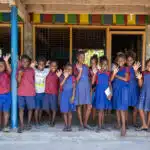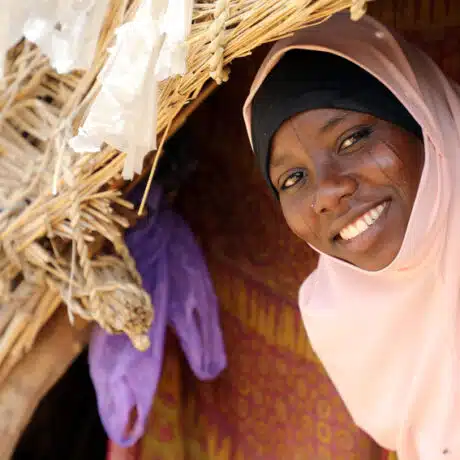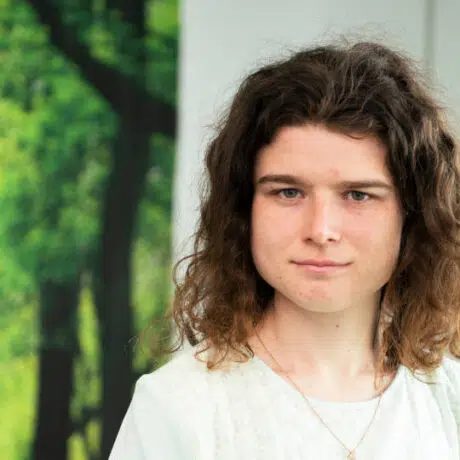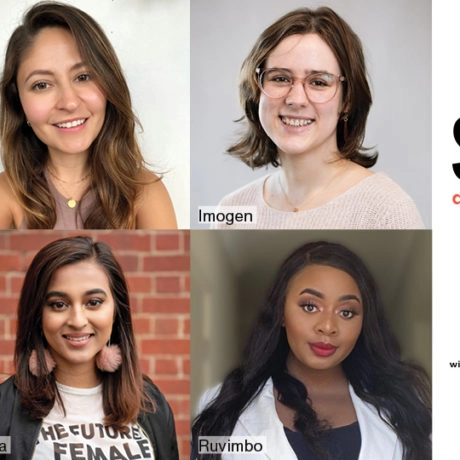News and Stories - Gender equality - 31 October 2020
Girls in the Solomon Islands feel unsafe in public – how we can help
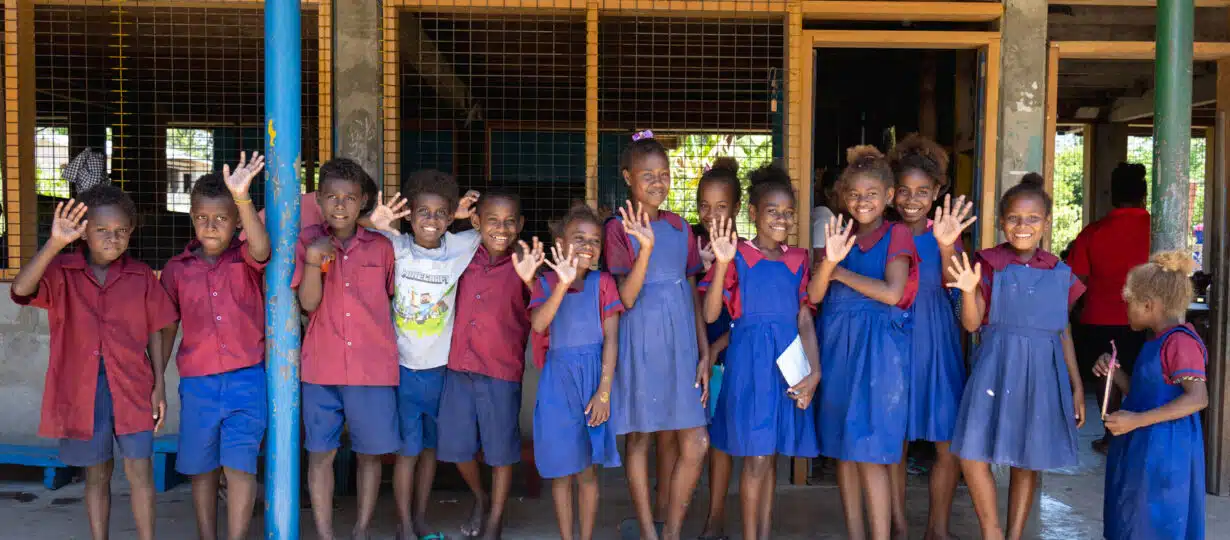
- – anonymous adolescent girl living in Honiara, Solomon Islands
Drawing on the experiences of 236 adolescent girls (aged 14-24) in the Solomon Islands, capital of Honiara, a new report being released today offers a devastating snapshot of the reality these girls face daily – where they feel unsafe on public transport or even walking the street.
The ‘It’s not really safe for us girls’ report highlights the barriers preventing adolescent girls from exercising their right to freedom and safety, and outlines the changes they’d like to see to make their city safer for girls.
Based on the experiences of girls living in Honiara, the report reveals that 90% feel unsafe in public spaces and on public transport and only 14% felt their safety concerns were valued and heard by the adults around them, with one girl saying, “The women are fearful to stand up and tell their ideas they want to tell because the men will look down on the women.”
Among the adolescent girls surveyed for the report, only 5% said they felt safe on public transport, with some girls experiencing intoxicated drivers, verbal and sexual harassment. “We will not feel safe,” said another, “because any man will lie to us about money and do terrible things to us inside public transport like taxis and buses.”
It is timely that this report is being released on World Cities Day (October 31st) and has been written in collaboration with Plan International Solomon Islands, as the latest report in Plan International Australia’s series of Safer Cities for Girls reports.
The Safer Cities for Girls program recognises that gender inequality means girls and women face unique barriers and challenges when navigating through cities – such as a heightened risk to physical and sexual abuse, harassment, and exploitation. With cities and public transport designed by a majority of men – girls’ experiences and their needs and opinions are hardly ever recognised.
While many of the barriers identified in this report may seem familiar, it provides unique insight into the interlinking nature of the need to embed girls’ voices into how we plan and design our future cities, as well as unpicking deeply-rooted gender stereotypes and norms that hinder our progress to gender equality. It makes a compelling case for why we need to consider adolescent girls’ needs specifically, and why we need to act now.
What we know is that the Solomon Islands has one of the highest rates of family and sexual violence in the world. Two-thirds of women aged 15 to 49 have reported physical or sexual abuse by a partner or someone they know.
It is going to take all of us to make our cities safer for girls. We cannot do this alone,- said Emmanuella Kauhue, Country Program Manager, Plan International Solomon Islands.
“As a next step, we will engage our partners and key stakeholders to progress recommendations outlined in the report, through our Safer Cities for Girls Honiara Program. We will continue to consult with and listen to adolescent girls, to ensure their needs and opinions are recognised, and to ensure they are at the centre of our work in transforming public spaces and transport,” she said.
In order to challenge and break down the gender norms and negative social structures that contribute to gender-based violence and harassment, Plan International is calling for the following actions to improve safety outcomes for girls and young women in Honiara:
- Development of a program strategy with key stakeholders on how to change gender norms and address sexual harassment
- Supporting school and public-transport providers to listen to what girls are saying on how to improve their safety
- Working in partnership with Honiara City Council to include adolescent girls in decision making about public spaces – and supporting government workers to undergo training as part of the Safer Cities for Girls program
- Influencing existing groups and creating online spaces where girls can make decisions on their safety
- Collaborating with existing projects that support the elimination of violence against women and girls

